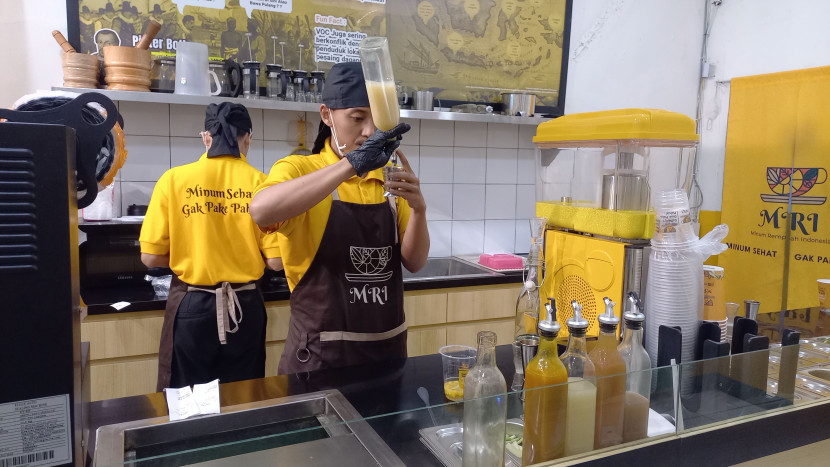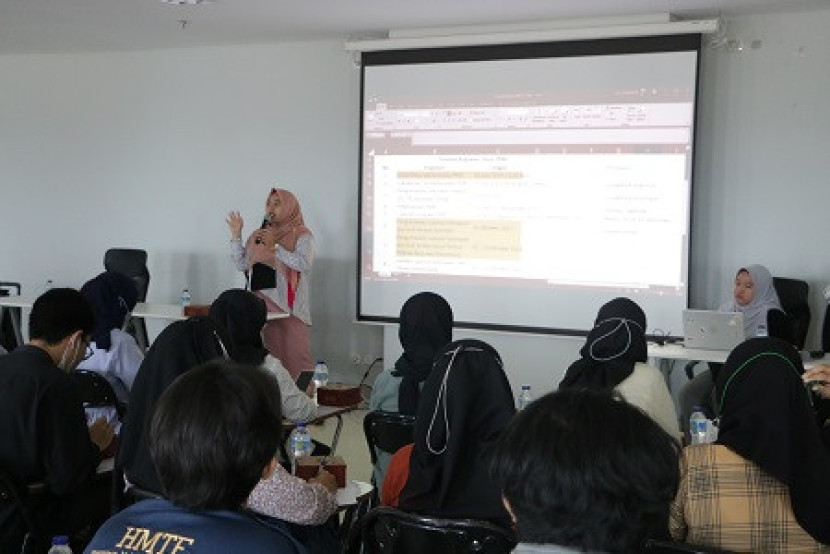 Pengkuh Ismail
Pengkuh Ismail
Indonesian Agricultural: Spicing Up the World's History and Palate
Eduaksi | 2023-08-23 12:21:40 Indonesian Agricultural" />
Indonesian Agricultural" />
While the nation is celebrated for its stunning landscapes, vibrant traditions, and warm hospitality, one of its most enduring legacies lies in its invaluable contribution to the global spice trade. For centuries, Indonesia's exotic spices have not only shaped world history but have also tantalized taste buds across continents, creating a legacy that continues to spice up the world to this day.
The Spice Islands: A Historical Prelude
Indonesia's story in the annals of world history can be traced back to the Age of Exploration, a time when European powers embarked on ambitious maritime ventures to discover new trade routes and resources. Among these resources, spices like cloves, nutmeg, mace, and pepper were highly prized for their aroma, flavor, and preservative properties. The Spice Islands, part of the Indonesian archipelago, became the epicenter of this spice trade due to their abundance of these precious botanical treasures.
Impact on Global Exploration
Indonesia's strategic location played a pivotal role in shaping global exploration. The quest for direct access to these spices led Christopher Columbus, Vasco da Gama, Ferdinand Magellan, and other explorers to traverse uncharted waters and brave treacherous seas. These daring journeys eventually redefined world maps and reshaped the course of human history, all fueled by the allure of Indonesia's spices.
Cultural Exchange and Diplomacy
As foreign traders arrived in Indonesia to procure these spices, a vibrant exchange of cultures took place. Indonesians interacted with traders from different corners of the world, resulting in a fusion of traditions, languages, and culinary practices. The cultural impact of this exchange is still evident in various aspects of Indonesian life, from architecture to language and, most notably, cuisine.
Culinary Delights: A Lasting Legacy
Indonesia's spices have indelibly marked global cuisine, adding complexity and depth to dishes across the world. The fiery kick of Indonesian chilies, the aromatic allure of nutmeg, and the pungent appeal of cloves have all found their way into kitchens from Africa to Europe and beyond. Indonesian dishes like rendang, nasi goreng, and satay have gained international acclaim, showcasing the profound influence of Indonesian spices on global palates.
Modern-Day Significance
Even in the modern age, Indonesia's spice legacy remains integral to the nation's identity and economy. The country continues to be a leading producer of spices, with cloves, nutmeg, and mace being among its key exports. Furthermore, the cultivation and trade of these spices provide employment opportunities for millions of Indonesians, contributing significantly to the country's economic growth.
Preserving the Legacy
Efforts to preserve Indonesia's spice legacy are ongoing. The Indonesian government, in collaboration with international organizations, strives to protect the biodiversity of the Spice Islands, ensuring the sustainable cultivation of these precious spices for generations to come. Additionally, cultural festivals, museums, and heritage sites celebrate the nation's history and its influence on global trade, exploration, and cuisine.
Conclusion
Indonesia's legacy extends far beyond its breathtaking landscapes and warm hospitality. Through the spices that once captivated the world's imagination, Indonesia played a pivotal role in shaping the course of history, encouraging exploration, facilitating cultural exchange, and adding a dash of excitement to global cuisine. As we savor the flavors of Indonesian spices in dishes across the globe, let us remember the profound impact of Indonesia's legacy, which continues to spice up the world's history and palate.
Disclaimer
Retizen adalah Blog Republika Netizen untuk menyampaikan gagasan, informasi, dan pemikiran terkait berbagai hal. Semua pengisi Blog Retizen atau Retizener bertanggung jawab penuh atas isi, foto, gambar, video, dan grafik yang dibuat dan dipublished di Blog Retizen. Retizener dalam menulis konten harus memenuhi kaidah dan hukum yang berlaku (UU Pers, UU ITE, dan KUHP). Konten yang ditulis juga harus memenuhi prinsip Jurnalistik meliputi faktual, valid, verifikasi, cek dan ricek serta kredibel.











